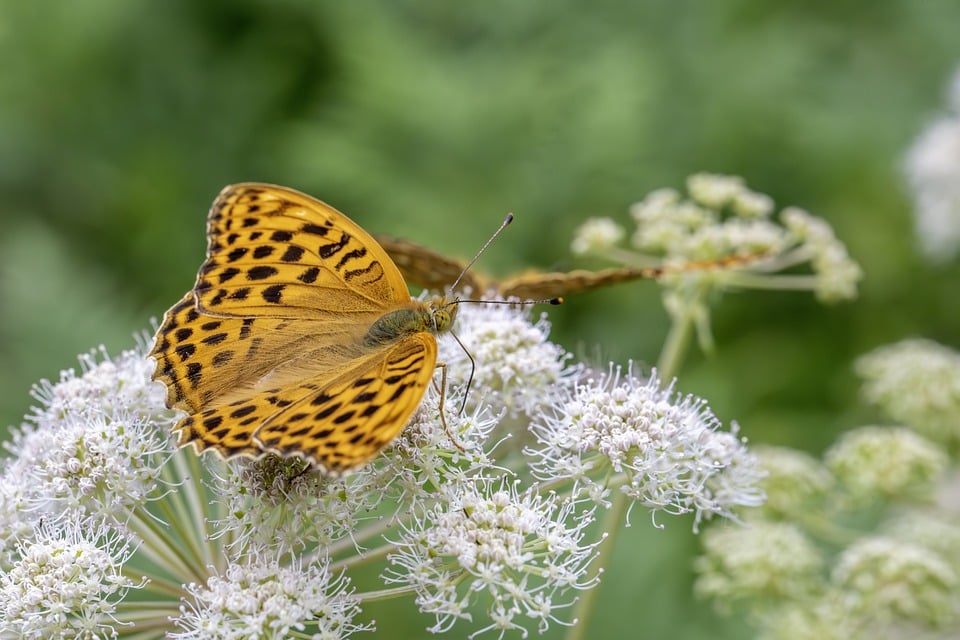Indigenous cultures around the world are rich in history, traditions, and customs that have been passed down through generations. However, the impacts of colonization, cultural assimilation, and modernization have posed significant threats to the preservation of these unique ways of life. In recent years, there has been a growing recognition of the importance of revitalizing indigenous cultures and honoring their cultural significance. This article will delve into the efforts being made to preserve and protect indigenous cultures, examining both the challenges they face and the strategies being implemented to ensure their survival.
The Historical Context of Indigenous Cultures
Indigenous cultures have a long and complex history that predates the arrival of colonial powers in many regions. These cultures have developed unique languages, belief systems, and social structures that have sustained their communities for centuries. However, the process of colonization led to the erasure and suppression of indigenous cultures, as colonizers sought to impose their own values and beliefs on native populations. This resulted in the loss of traditional knowledge, practices, and ways of life that had been passed down through generations.
The Current State of Indigenous Cultures
Today, indigenous cultures are facing numerous challenges that threaten their survival. Many indigenous languages are on the brink of extinction, with fewer and fewer speakers remaining. Traditional knowledge and practices are being lost as younger generations are encouraged to assimilate into mainstream society. Poverty, discrimination, and lack of access to resources are also contributing to the erosion of indigenous cultures. However, despite these challenges, there is a growing awareness of the importance of preserving and revitalizing indigenous cultures.
Efforts to Preserve and Honor Indigenous Cultures
In recent years, there has been a renewed focus on preserving and honoring indigenous cultures. Governments, organizations, and indigenous communities themselves are taking steps to protect traditional knowledge, promote language revitalization, and support cultural preservation efforts. Some of the key strategies being implemented include:
– Establishing cultural centers and museums to showcase indigenous art, music, and artifacts
– Supporting language revitalization programs to preserve and promote indigenous languages
– Collaborating with indigenous communities to document traditional knowledge and practices
– Implementing policies that protect indigenous land rights and promote sustainable development
– Educating the public about the importance of indigenous cultures and the need to respect and honor their traditions
The Future of Indigenous Cultures
While the challenges facing indigenous cultures are significant, there is hope for the future. As awareness of the importance of preserving and honoring indigenous cultures grows, so too does the support for initiatives that promote cultural revitalization. By working together, governments, organizations, and indigenous communities can ensure that traditional knowledge, languages, and practices are passed down to future generations. It is essential that we all play a role in supporting these efforts and recognizing the vital role that indigenous cultures play in our shared heritage.
Conclusion
In conclusion, revitalizing indigenous cultures is a crucial undertaking that requires the collective efforts of governments, organizations, and individuals around the world. By recognizing the importance of indigenous cultures and taking steps to preserve and honor their traditions, we can ensure that these unique ways of life continue to thrive for generations to come. I invite you to join me in supporting these efforts and to explore further resources on indigenous cultures to deepen your understanding and appreciation of their cultural significance. Thank you for your engagement in this important issue.
References:
– United Nations Declaration on the Rights of Indigenous Peoples
– National Congress of American Indians
– Smithsonian National Museum of the American Indian
